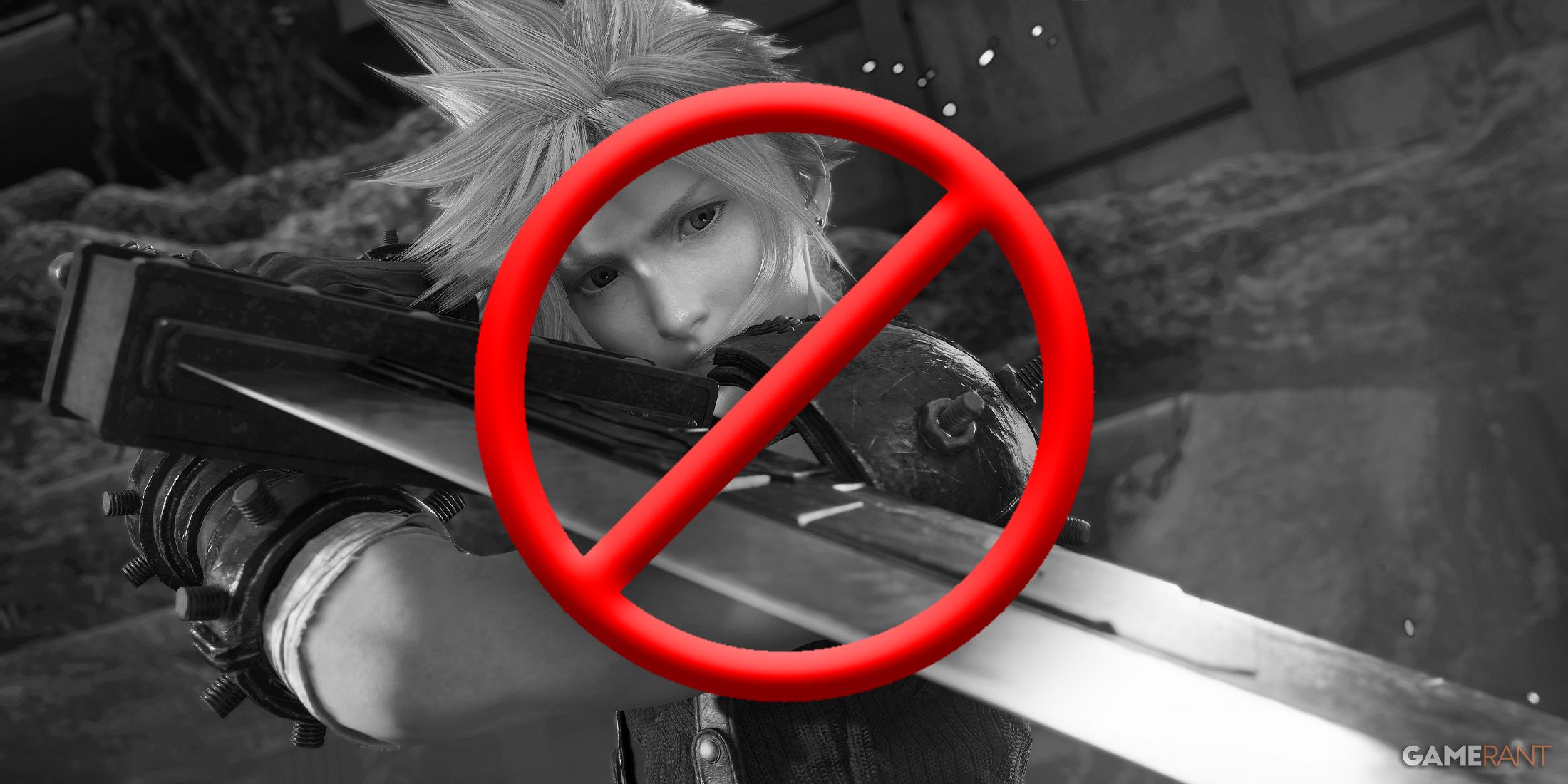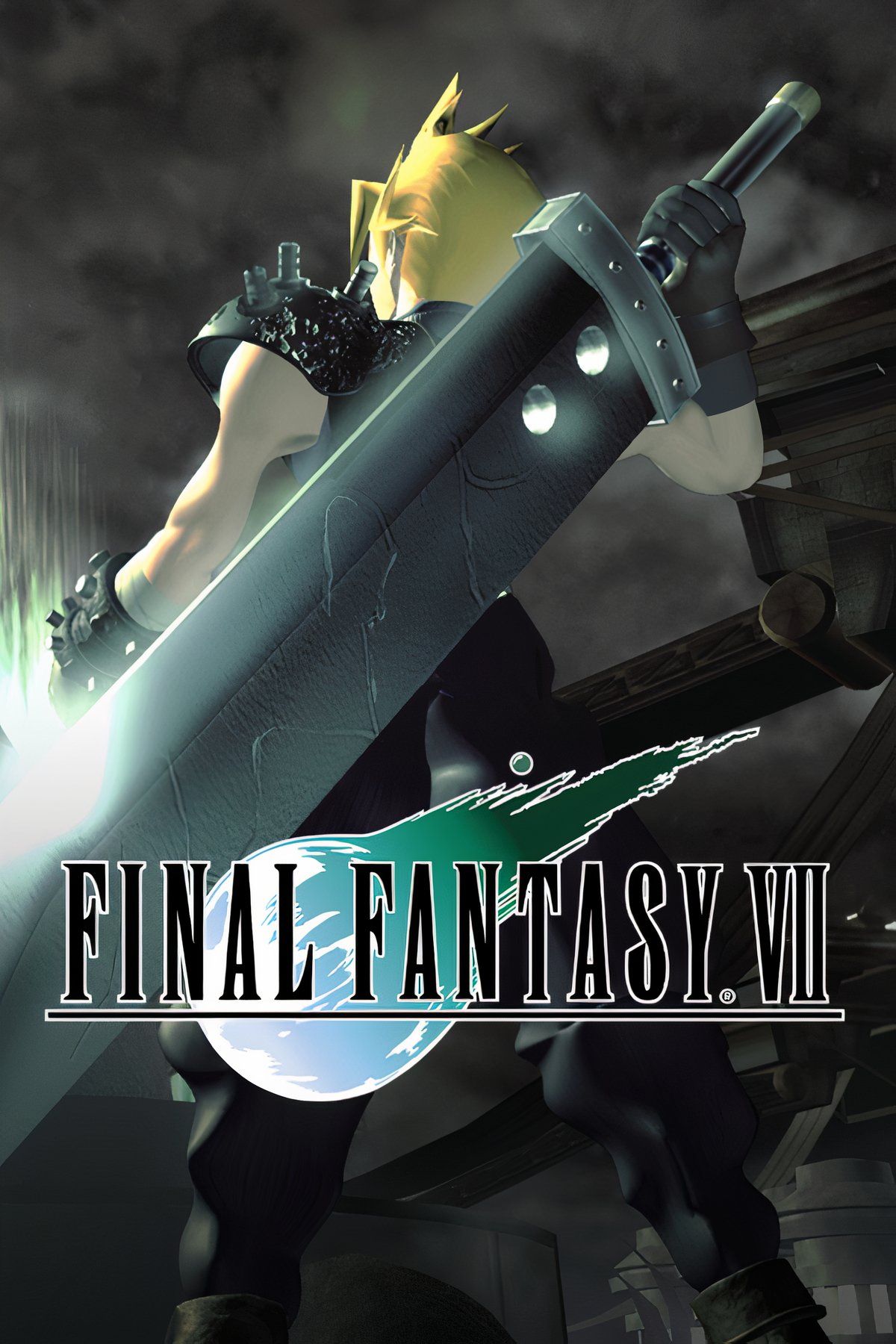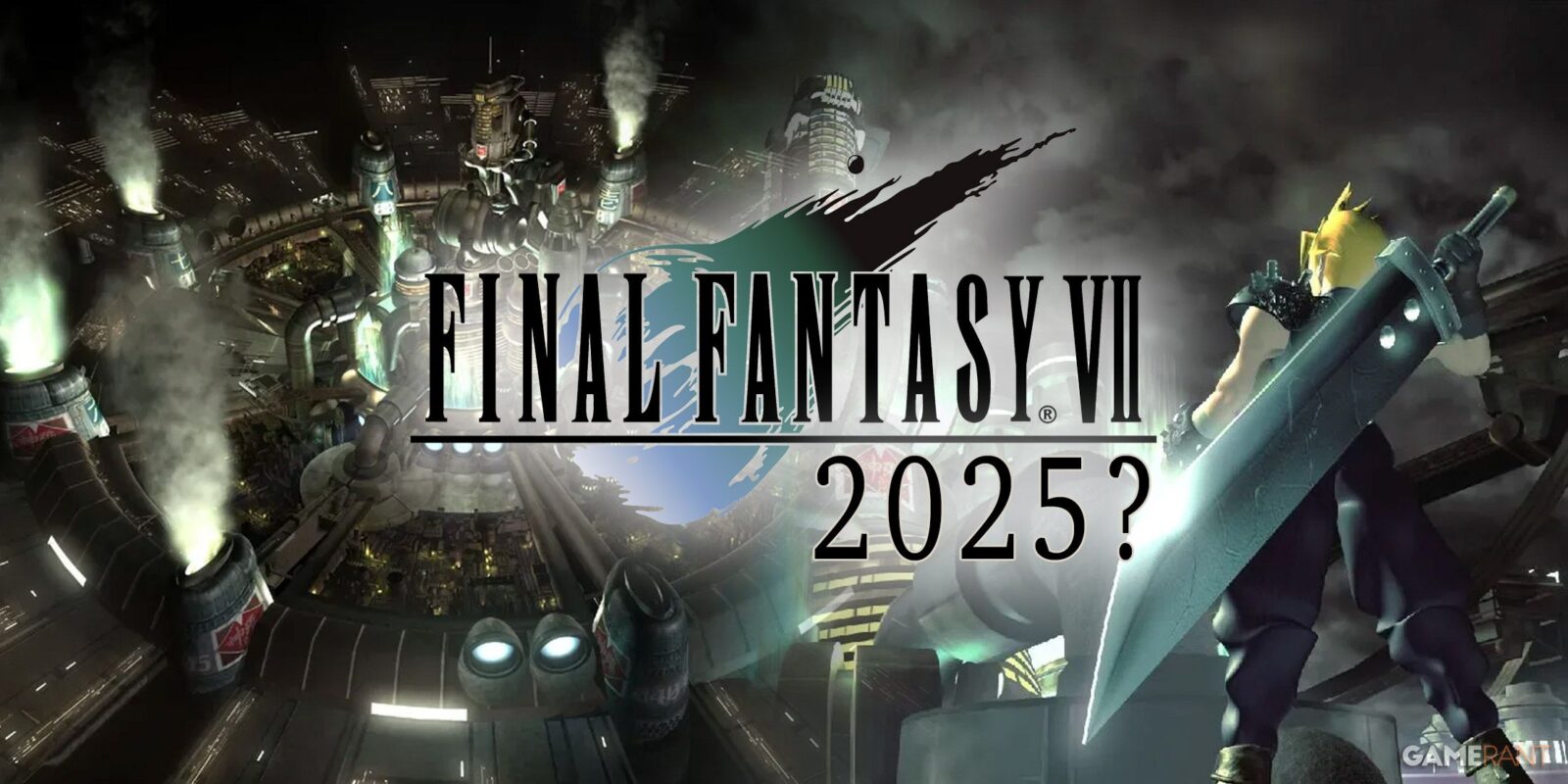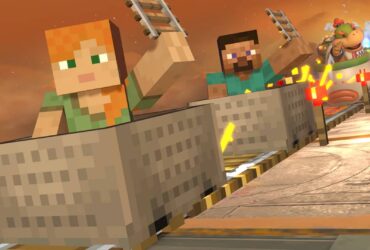The past several years have been an excellent time to be a Final Fantasy 7 fan, and a great time for anyone new to jump on. Square Enix is midway through an entire Final Fantasy 7 Remake trilogy, and more games using its setting are coming out as well. Final Fantasy 7’s prequel Crisis Core got a partial remake of its own, and although The First Soldier was an unsuccessful effort to merge Final Fantasy with a battle royale, Ever Crisis picked up its narrative slack and is slowly working through a mobile FF7 remake of its own with new lore.
Complete with a remaster of the original PlayStation Final Fantasy 7 having made its way to all modern platforms, players can engage with one of the most impactful Final Fantasy entries however they please. Waiting for the FF7 Remake trilogy to be completed is also an option, as even with the many eccentricities and deviations that those games have made, they are still some of the highest-quality games Square Enix has ever put out. All of that being said, the original Final Fantasy 7 has been made available for a reason, and it is still worth experiencing in addition to its remakes.

Related
Why the Final Fantasy 7 Remake Trilogy Should Be a One-and-Done Project
Regardless of how good the Final Fantasy 7 Remake trilogy has been, Square Enix arguably shouldn’t continue with these projects after it’s all over.
Final Fantasy 7’s Remakes Haven’t Replaced The Original
In Fact, The Remakes Emphasize How Unique FF7 Still Is
That central reason is that Final Fantasy 7 and the FF7 Remake trilogy are fundamentally different. Without going into details, several major story beats in FF7 Remake and FF7 Rebirth assume that players are familiar with the original, sometimes to more than a surface degree. Although the remakes have been committed to staying close to Final Fantasy 7’s source material, there are too many changes building up for the Remake project to even be under consideration as a direct replacement for Final Fantasy 7. Instead, it’s best to view these games as the series they are.
While that sounds like it simplifies matters, for newcomers looking to get into Final Fantasy 7, it’s not an easy pill to swallow. Despite its availability, Final Fantasy 7 looks old, sounds old, and is old, while the Remake trilogy is the hot new thing. Final Fantasy 7 is considered an all-time classic for good reasons, however, and there’s more than enough of them to motivate playing FF7 on its own merits instead of just as homework for the remakes. If the dated music and visuals are problems, then PC mods may be a solution, but otherwise, there’s a lot in FF7 to love.
Final Fantasy 7 Can Be Fully Experienced In The Current Year
For one, Final Fantasy 7 is already a complete package. Its self-contained story needs no other entry in the Compilation of Final Fantasy 7 to make sense of it, and it can be finished well before the third FF7 Remake entry is out. Many of the beloved minigames, Materia, and music tracks from the remakes are still in Final Fantasy 7, and they’re arguably more impactful thanks to the PS1 game being so compact. If nothing else, seeing Final Fantasy 7’s story in the way it was originally told is worth the price of entry.
The Original Final Fantasy 7’s Combat Still Has Its Own Strengths
But for those looking for a unique experience, believe it or not, Final Fantasy 7 still delivers. Not only did the FF7 Remakes add voice acting, expanded areas, and new plot twists, but they also completely changed the original gameplay. FF7‘s customization-heavy Materia system translates well to an action format, but the classic game’s Active-Time Battle turn-based combat is just as flashy and dynamic as it’s always been. FF7 Remake and Rebirth have improvements in many areas, but sometimes there’s no beating the old-school complete package that is Final Fantasy 7.

- Released
-
January 31, 1997
- ESRB
-
T for Teen: Blood, Fantasy Violence, Language, Mild Suggestive Themes











Leave a Reply